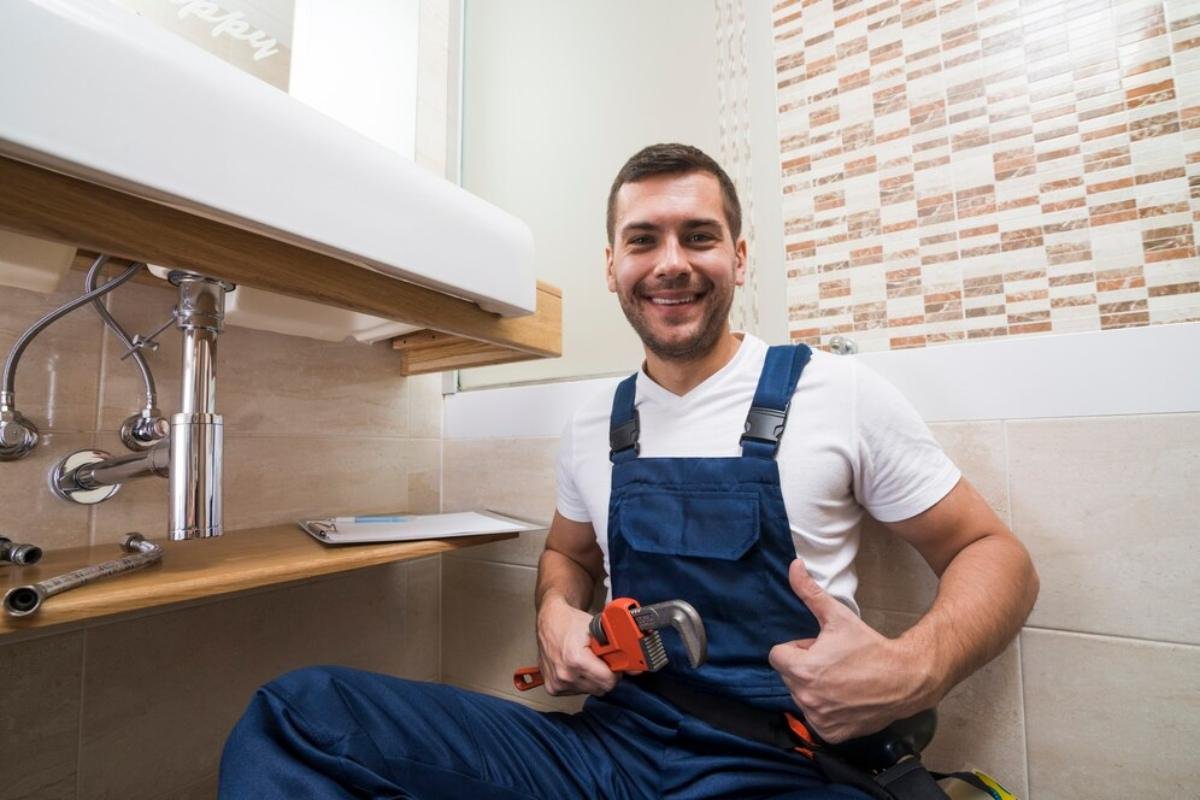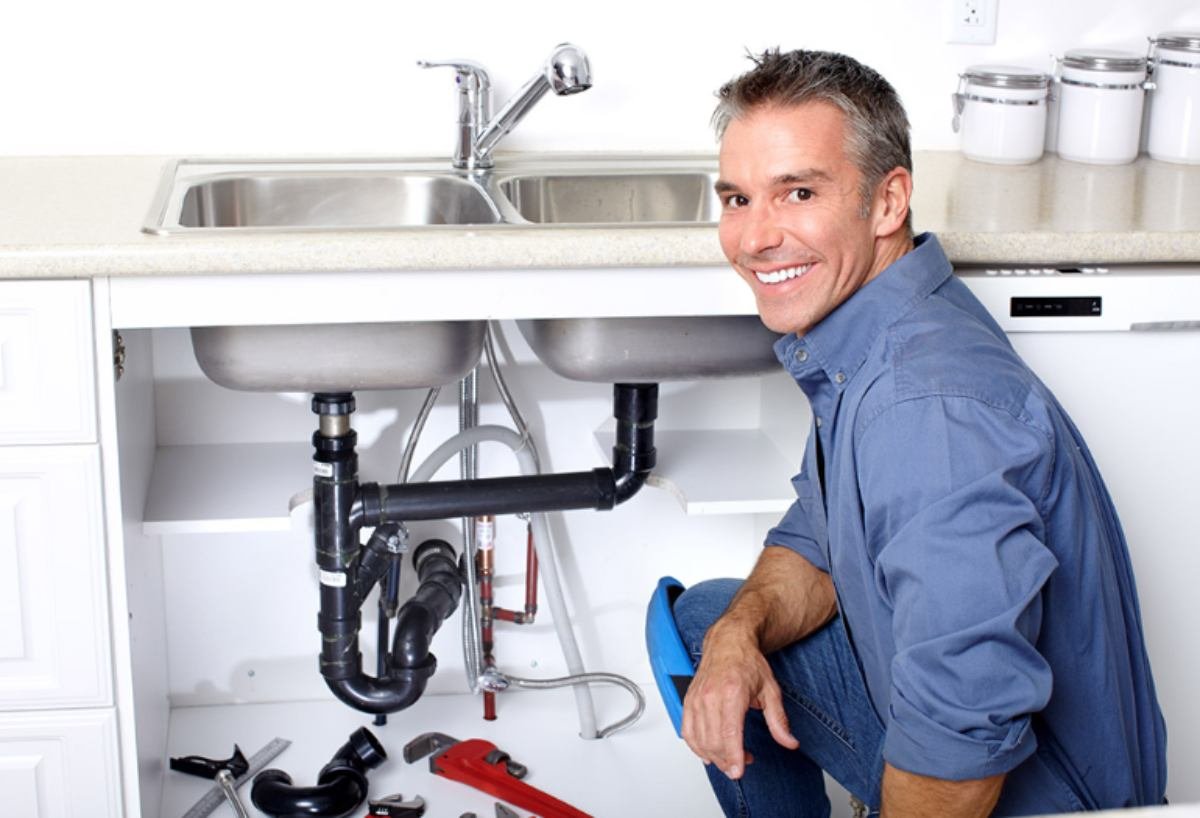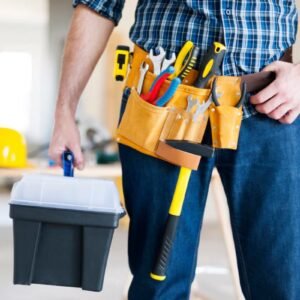Taking on do-it-yourself (DIY) plumbing projects can be both empowering and cost-effective. However, it’s essential to have the right tools at your disposal to ensure successful outcomes.
While DIY plumbing can be satisfying, it’s crucial to recognize when a project exceeds your skill level and requires professional intervention.
This guide outlines the best tools for DIY plumbing tasks and emphasizes the importance of consulting with a professional plumber when necessary.
The Right Tools For the Job
1. Adjustable Wrench:
An adjustable wrench is a versatile tool that allows you to tighten or loosen nuts and bolts of various sizes. Choose one with smooth jaws to prevent damaging pipes and fittings.
2. Pipe Wrench:
Specifically designed for gripping and turning pipes and fittings, a pipe wrench is essential for tasks such as removing or installing pipes. Opt for a heavy-duty pipe wrench with serrated teeth for a secure grip.
3. Plunger:
A plunger is a must-have tool for clearing clogged drains and toilets. Choose a high-quality, heavy-duty plunger with a flange for maximum suction.
4. Pipe Cutter:
For cutting pipes cleanly and precisely, a pipe cutter is indispensable. Look for a pipe cutter suitable for the type and size of pipes you’ll be working with, whether they’re copper, PVC, or steel.
5. Teflon Tape:
Also known as plumber’s tape, Teflon tape is used to seal pipe threads and prevent leaks. Keep a roll of high-quality Teflon tape in your toolbox for sealing pipe connections.
6. Pipe Thread Sealant:
For additional leak protection, especially in threaded connections, use pipe thread sealant. Choose a sealant that is compatible with your piping material and resistant to chemicals and temperature changes.
7. Plumbing Snake:
When dealing with stubborn clogs that a plunger can’t handle, a plumbing snake, also known as a drain auger, is invaluable. Opt for a manual or electric snake depending on your needs and budget.
8. Basin Wrench:
For reaching and tightening nuts in tight spaces, such as under sinks, a basin wrench is indispensable. Choose a wrench with a telescoping handle for added versatility.
9. Adjustable Pliers:
Adjustable pliers, such as slip-joint pliers or tongue-and-groove pliers, are handy for gripping and turning pipes, fittings, and other objects of various shapes and sizes.
10. Hacksaw:
A hacksaw is essential for cutting through metal pipes, brackets, and other plumbing components. Choose a hacksaw with a sturdy frame and sharp blade for clean, precise cuts.

When to Call a Professional plumber : While DIY plumbing can save you money and provide a sense of accomplishment, there are instances where hiring a professional plumber is the wisest course of action:
(i) Major Plumbing Installations or Renovations: Projects involving extensive pipe installation, rerouting, or major renovations are best left to professional plumbers who have the expertise and equipment to ensure proper installation and compliance with building codes.
(ii) Gas Line Repairs or Installations: Working with gas lines requires specialized knowledge and skills to ensure safety and compliance with regulations. Attempting DIY repairs or installations of gas lines can pose serious risks, including gas leaks and explosions.
(iii) Sewer Line Repairs: Sewer line issues often require specialized equipment, such as sewer cameras and hydro-jetters, to diagnose and repair effectively. Professional plumbers have the training and experience to handle sewer line repairs safely and efficiently.
(iv) Water Heater Installation or Repairs: Water heaters are complex appliances that require precise installation and maintenance to operate safely and efficiently. Improper installation or repairs can result in water damage, scalding, or carbon monoxide leaks.
(v) Persistent or Severe Plumbing Problems: If you encounter persistent or severe plumbing problems, such as recurring leaks, low water pressure, or sewage backups, it’s best to consult with a professional plumber. These issues may indicate underlying problems that require expert diagnosis and repair.
Conclusion
While DIY plumbing projects can be rewarding and cost-effective, it’s essential to have the right tools and know when to seek professional assistance.
By equipping yourself with the essential tools outlined in this guide and recognizing the limitations of your skills and knowledge, you can tackle minor plumbing tasks with confidence while knowing when to call a professional plumber for help.
Remember, safety should always be the top priority when working on plumbing projects, so never hesitate to seek professional assistance if you’re unsure or uncomfortable with a particular task.
You May Like Also:




